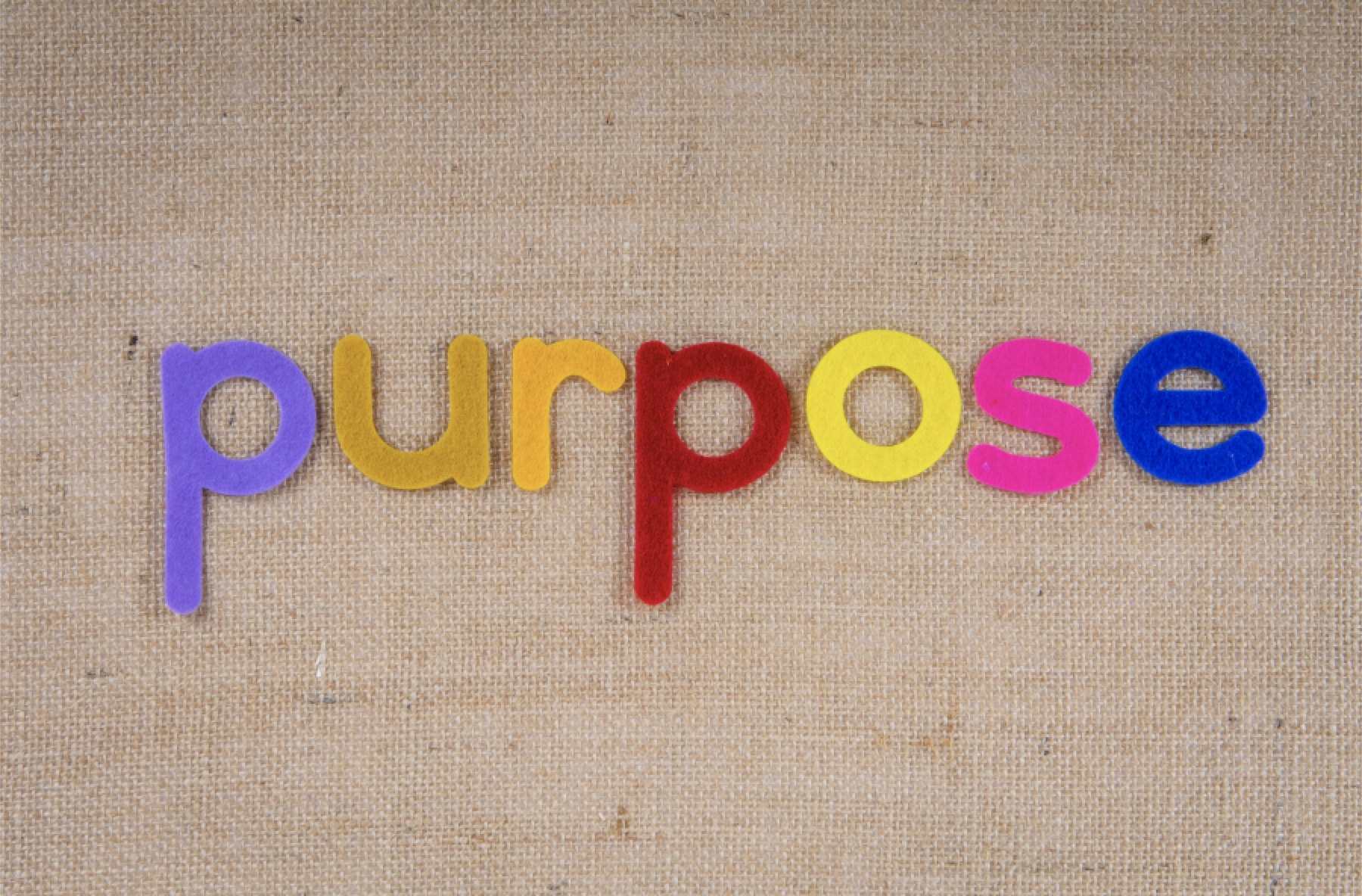
I saw an updated definition of public relations this morning and I’m a little annoyed. I’m also going to apologize in advance as what follows may be a bit controversial, especially to some PR practitioners.
I won’t go into how long I’ve been practicing public relations, but it’s been a long time. And back when I first started to major in public relations at the University of Florida, there had a very basic definition of public relations, which was to create mutually beneficial relationships between audiences.
A quick Google search will show several different definitions of public relations that all kind of say the same thing.
A post on Hubspot defines public relations as “strategic communication from an organization to the public to maintain or cultivate public image and/or respond to public discourse.”
The Public Relations Society of America (PRSA), one of the leading voices in the industry, has similar definitions of public relations. In the early 1980s PRSA defined public relations as an activity that “helps an organization and its publics adapt mutually to each other.”
Today, about 40 years later, PRSA has only slightly evolved that definition. Today it’s defined as “a strategic communication process that builds mutually beneficial relationships between organizations and their publics.”
And while these updated definitions put a greater emphasis on engagement of audiences and relationship building, they are still only giving half the story.
Now, before we get into the second part of that story, let’s be clear. Public relations isn’t just media relations or social media. It’s not writing blog posts or sending out press releases. And it’s certainly not party planning or just working with celebrities or athletes.
Those certainly exists and are all specialties within the practice, but as with any industry, it’s just a specialization and shouldn’t define the industry.
And while a lot of that is a ton of fun, and I’ve done quite a bit of it, the practice of public relations encompasses all of those things and much more, and if done correctly, in a very strategic way.
So, foundationally, when you think of public relations, understand that the practice of PR is wide ranging, which is why I do agree with the PRSA definition, in part, when they say public relations is “a strategic communication process that builds mutually beneficial relationships between organizations and their publics.” That strategic communications process can and does include all those specialties.
Now, here’s where they miss the mark in my opinion. Every organization has to answer a question for their audiences: “why?”
Some people call this a purpose statement or purpose driven organizations, but it’s crucial that brands answer it.
This definition of public relations doesn’t do that. It explains what the practice is, but not why it exists. And if we can’t answer the why of something, then how can we show the value of it?
I’m not here to recommend new definitions, but I will say that at its core public relations needs to deliver value to the brands we represent in a way that those brands can understand.
Yes, brands need a mutually beneficial relationship with their audiences, but why? Is it value based, money based, opinion based, or something else?
Our industry tends to flounder during tough economic times, and in my opinion, a lot of it is because we don’t do a good job at showing the value of the work we do. We rely on everyone knowing that they need public relations help, and that won’t cut it anymore.
As practitioners we’ve traditionally gotten really excited about definitions like this, and that’s a great thing. We should get excited. But we need to push for a greater understanding of the value of these strategic efforts.
I could go on for days because it’s a battle the PR industry has fought for decades. But instead, I’ll just say that we can’t rely on others to just inherently understand the value of public relations.
We need to connect the dots for them, and that starts by aligning on a definition, or at least an understanding, of the value that public relations delivers to the brands and organizations we represent.
Let me know what you think the definition of public relations is or should be in the comments!
Here are some recent posts to help as you create your Strategic Communications campaigns, including the importance of having a strategic communications plan:
– Do I Really Need A Strategic Communications Plan?
– Tips For Managing Unethical Communications Requests
– A Meaningful Message, Or Pandering Without Purpose
– Pitching Media Like The Pros
– Don’t Let Perfect Be The Enemy Of Effective
– Wake Up. Kick Ass. Repeat.
– How to Create Content That Engages Audiences and Builds Brand Trust Quickly